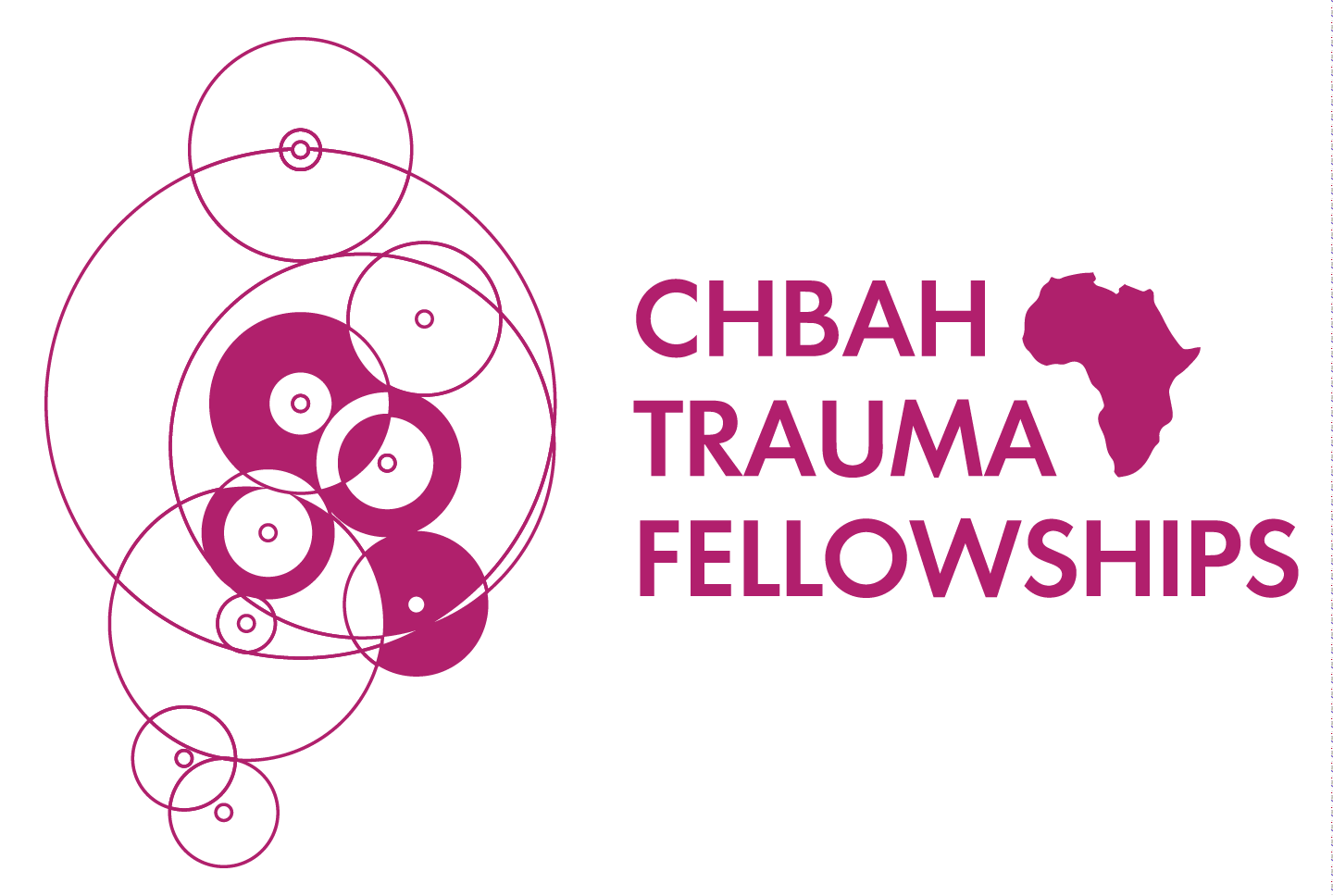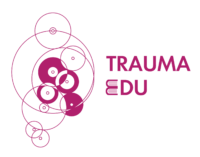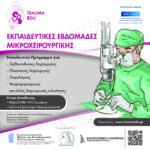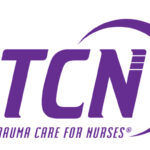CHBAH Trauma Fellowships

Background
Nowadays and after Law 4655/2020 (Government Gazette 16/A31-1-2020) as amended by Law 4702/2020 (Government Gazette 130/A3-7-2020) medical doctors specializing in General Surgery and Orthopaedics are given the opportunity with an exclusive donation from the Stavros Niarchos Foundation (SNF), through fellowship to train at the world-leading Trauma Directorate training center of the Chris Hani Baragwanath Academic Hospital (CHBAH) in South Africa.
Chris Hani Baragwanath Academic Hospital (CHBAH) is the 3rd largest hospital in the world, with an area of 173 acres, 3,200 beds and 6,760 staff members. The facilities are housed in 429 buildings with a total area of 233,795 m2. The hospital is located in the Soweto district of Johannesburg in South Africa. Soweto, an acronym for South Western Township, is the area where Johannesburg’s mine workers lived. After apartheid it continues to house the poorest population of the region which numbers more than 4 million inhabitants. CHBAH serves this entire population by offering the highest quality services with medical staff from the University of the Witwatersrand School of Medicine. Adjacent smaller hospitals, the Charlotte Maxeke Academic Hospital, the Helen Joseph Hospital, etc., have a corresponding role.
Approximately 70% of admissions are emergency situations, including approximately 320 severe trauma victims per month (ISS greater than 15). The emergency department sees more than 350 patients every day and approximately 150,000 patient admissions and 500,000 outpatients are recorded annually.
The fact that CHBAH serves such a large patient population, that its physicians are highly experienced and academically oriented, and that there is a need for practical/hands-on training for our fellows, makes the environment ideal for gaining knowledge and significant experience, in a short period of time, especially for traumatic and emergency incidents.
The values of CHBAH as defined in its institutional framework:
- Achieving the highest level of patient care, with empathy and understanding, based on sound scientific principles.
- Training of employees so that they are the best trained to serve the sick and injured.
• Maintain and uphold truth, integrity and justice for all, at all times, for the benefit of patients, staff and the community.


